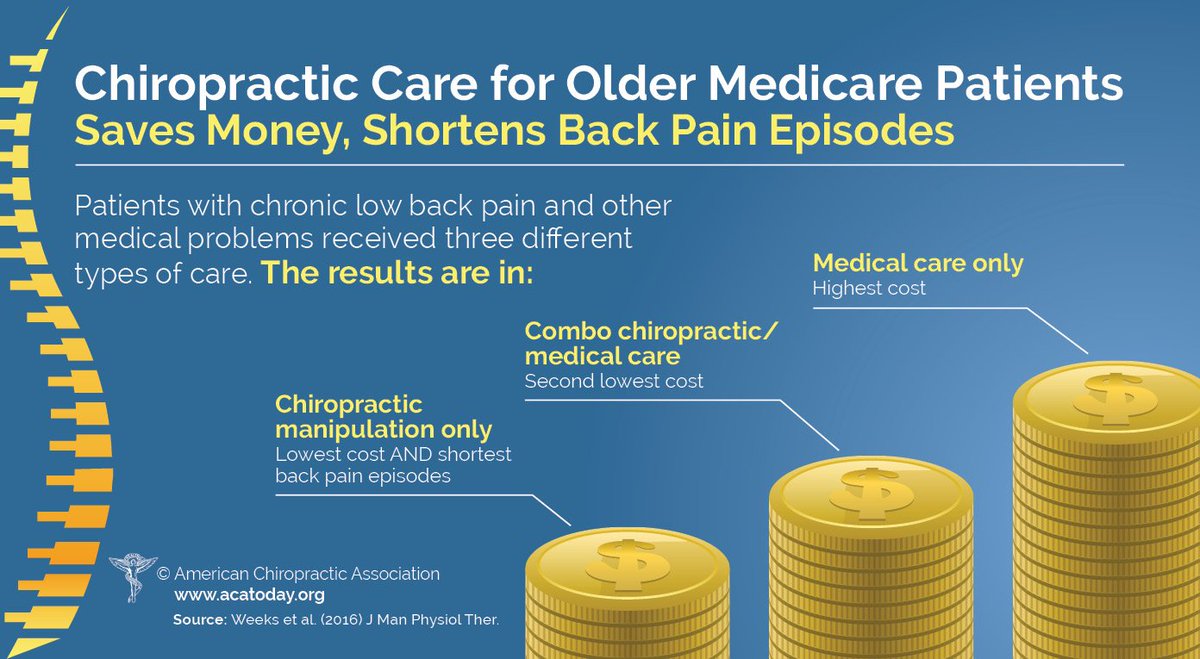Is Cold Laser Treatment Appropriate For Everybody?
Is Cold Laser Treatment Appropriate For Everybody?
Blog Article
Developed By-Upchurch Christie
You may be wondering about the safety of cold laser treatment for different individuals. While it's normally taken into consideration risk-free, there are specific groups that ought to approach it with care. From expecting people to those with specific clinical conditions, comprehending the subtleties of who can safely undergo cold laser therapy is crucial for ideal outcomes.
Who Can Benefit From Cold Laser Therapy?
If you experience persistent discomfort, cold laser treatment can use you significant relief. This non-invasive treatment has actually been discovered to be beneficial for a variety of conditions, including arthritis, tendonitis, and muscular tissue pressures. Whether you're an athlete handling sports injuries or an individual experiencing daily pains and pains, cold laser treatment might have the ability to help alleviate your discomfort.
Additionally, if you're trying to find a drug-free choice to managing pain, cold laser therapy could be a suitable choice for you. By using low-level laser light to promote healing at the cellular degree, this therapy promotes cells repair and decreases inflammation, bring about enhanced discomfort management without making use of drugs.
Prospective Risks and Side Effects
When thinking about cold laser therapy, it is necessary to be knowledgeable about the possible dangers and adverse effects related to this therapy. While cold laser treatment is usually thought about secure, there are a couple of possible negative effects to bear in mind.
Some people might experience moderate discomfort during the therapy, such as a minor prickling experience or warmth in the targeted area. In unusual cases, skin irritability or soreness at the website of therapy might happen.
In addition, there's a small risk of eye injury if the laser is directed in the direction of the eyes. It's crucial for both the client and the practitioner to use safety eyeglasses during the therapy to prevent any accidental exposure to the eyes.
Moreover, cold laser treatment should not be carried out over locations with active cancerous lumps or on clients that are pregnant, as the impacts of the therapy in these instances aren't well recognized.
Safety And Security Considerations for Details Teams
Take into consideration the security factors to consider for details groups when going through cold laser treatment to guarantee optimum treatment outcomes.
Expectant individuals must prevent cold laser treatment directly on the abdominal area or lower back, specifically during the very first trimester, to stop any kind of prospective injury to the creating fetus.
People with a background of skin cancer cells or skin conditions that make them a lot more sensitive to light should speak with a doctor before going through cold laser therapy, as it might worsen their condition.
visit my webpage with a pacemaker or other implanted digital tools need to inform their doctor prior to treatment, as the laser's electromagnetic radiation can possibly hinder these tools.
Those with epilepsy must additionally work out caution, as the blinking light from the laser might cause seizures in some people.
In addition, individuals taking photosensitizing drugs need to realize that cold laser therapy could raise their level of sensitivity to light, potentially resulting in unfavorable reactions.
Conclusion
In conclusion, cold laser treatment is usually safe for a lot of individuals, supplying a non-invasive and drug-free option for pain relief and cells healing.
However, it is necessary to take into consideration potential threats and negative effects, as well as safety and security considerations for details groups such as pregnant individuals, those with skin disease, and people with digital implants.
Always seek advice from a doctor before undergoing cold laser treatment to guarantee it's safe and efficient for you.
